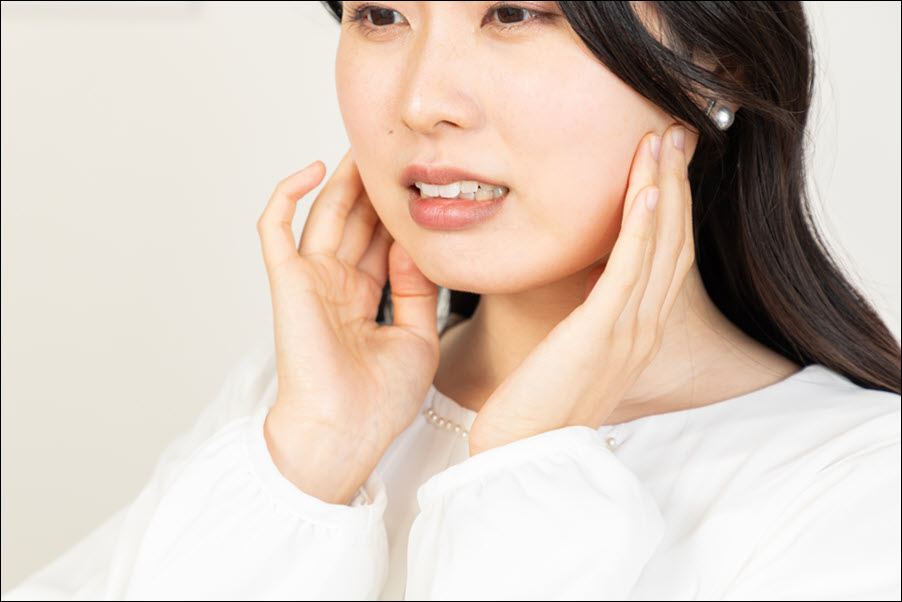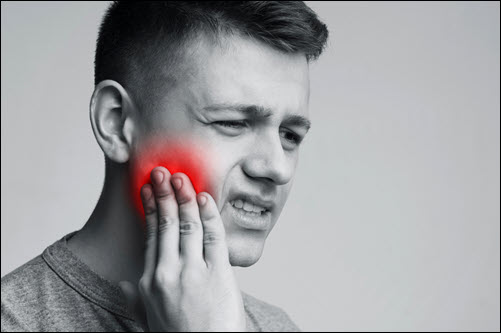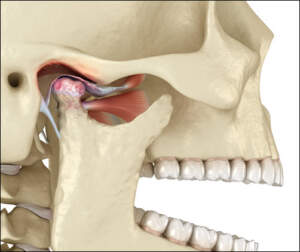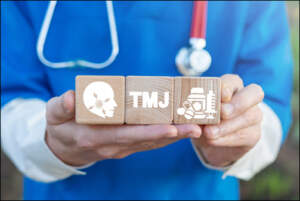Natural Remedies to Reduce Jaw Clenching
Jaw clenching, often caused by stress, silently damages teeth and joints. While dental solutions exist, natural remedies provide effective support. Patients seeking holistic approaches discover comfort in lifestyle changes, home therapies, and relaxation practices. These remedies reduce muscle tension and complement professional care.
Heat and Cold Applications
 Applying a warm compress relaxes tense muscles, improving flexibility. Cold packs reduce inflammation and numb pain after clenching episodes. Alternating heat and cold offers balanced relief. Many patients benefit from applying heat before bedtime and cold in the morning. This simple method provides drug-free comfort and supports consistent jaw relaxation.
Applying a warm compress relaxes tense muscles, improving flexibility. Cold packs reduce inflammation and numb pain after clenching episodes. Alternating heat and cold offers balanced relief. Many patients benefit from applying heat before bedtime and cold in the morning. This simple method provides drug-free comfort and supports consistent jaw relaxation.
Nutritional and Herbal Support
Chamomile tea, known for calming properties, relaxes muscles. Magnesium-rich foods like spinach, nuts, and beans aid natural relaxation. Some patients supplement magnesium under medical guidance to reduce muscle tension. Avoiding caffeine helps prevent nighttime clenching. A balanced diet reduces triggers and supports overall wellness.
Mindfulness and Stress Relief
Mind-body practices directly target the stress behind clenching. Yoga, meditation, and controlled breathing lower anxiety and calm muscles. Patients practicing mindfulness often develop awareness of jaw tension, stopping clenching before it worsens. Biofeedback devices that signal muscle tension also train relaxation responses, creating long-term improvement.
Massage and Stretching
Gentle jaw massage increases blood flow and eases tightness. Stretches, such as controlled opening and side-to-side movements, restore mobility. Physical therapists can provide personalized exercises to strengthen surrounding muscles. Practicing these regularly reduces tension and helps prevent relapse.
Natural remedies provide powerful tools for reducing jaw clenching. Combining heat therapy, nutrition, mindfulness, and physical exercises relieves symptoms while addressing stress triggers. With consistent effort, patients achieve lasting relief and protect their oral health.



 Use of Oral Appliances:
Use of Oral Appliances: Avoiding Excessive Jaw Movements:
Avoiding Excessive Jaw Movements: